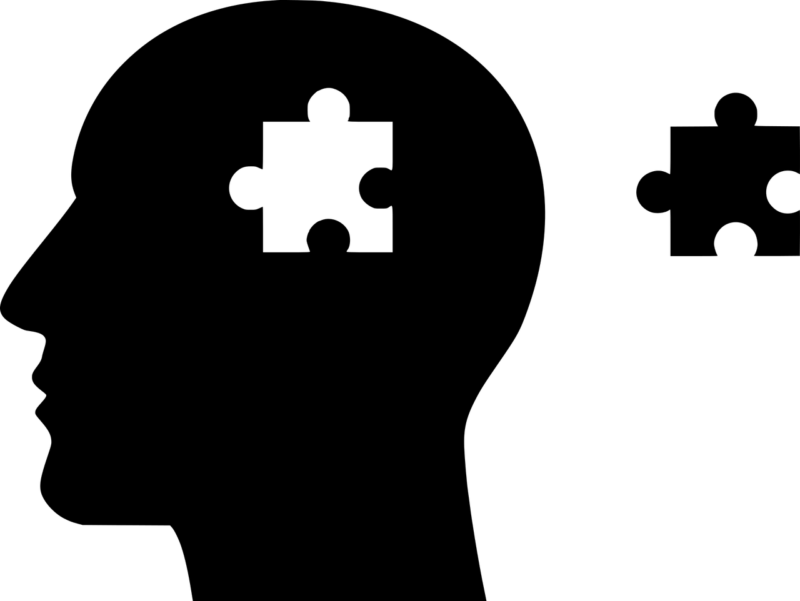
How To Memorize Piano Music
If you've already enrolled in beginner piano lessons, you may be wondering how professionals memorize and play music so effortlessly. You may also be wondering when you will ever get to that point.
Here’s the secret to memorizing piano music; ‘practice.’ Practice is the key to help professionals memorize music. If you do this one secret, it will help you become just as skilled if not better than those you admire.
Memorizing Piano Music
Memorizing the piano is quite similar to what scientists do. You go through different states, including working hard, experimenting with other methods and notes, analyzing music and chords for the sake of discovery.
Playing, therefore, is a combination of two experiences: fun creative moments that you enjoy and also the analytical problem solving activities. These experiences will help you to develop greater memory muscle.
How to Read Music
One of the things that beginners struggle with is how to read piano music. Every note has a spot on the staff and its letter name, from A to G, goes up and down on the scale. It never changes.
Music is read from left to right like the English language. Silence is marked with rest symbols. The right-hand plays the top lines, while the left-hand plays the bottom lines. Then there are also dynamics to consider.
How to Memorize Piano Music
Memorizing piano music is a lot like analytical problem-solving. It engages the four kinds of memory; visual, aural, muscle memory, and analytical memory which aids in the determination of how something looks, sounds, feels, and is shaped.
When it comes to visual memory, you can look at the notes and try to memorize it. This can be a challenge for people because if you don’t know the notes, you’ll struggle to play. What works for most people is memorizing how it looks on the page and then mapping it out on the piano.
Aural memory is all about the music you hear.
Muscle memory is the ability to remember through physical practice. It is about training your hands to perform tasks consistently.
Analytical memory teaches you to find patterns, understand the music, and breaks down information through your brain. This knowledge is easier to memorize and remember.
Once you’ve experienced these four memories, it’s helpful to create a theory map. A theory map is notes on the music you play. You can also assign them numbers to synchronize them, just like the Nashville numbering system.
Here’s a tip: when you practice, say the chord's name or number to help you memorize and remember it better. As you repeat it, your brain builds Myelin around the neural pathways. Myelin is a protein that creates and strengthens the pathways so you can remember and play, thus building better memory.
For The Love of Piano Studio
At For the Love of Piano Studio, we strengthen these four memories through a revolutionary piano method called Simply Music. You will be able to play songs from memory anytime, anywhere, anyplace. Sign up for a Free Introductory Session to find out more.




